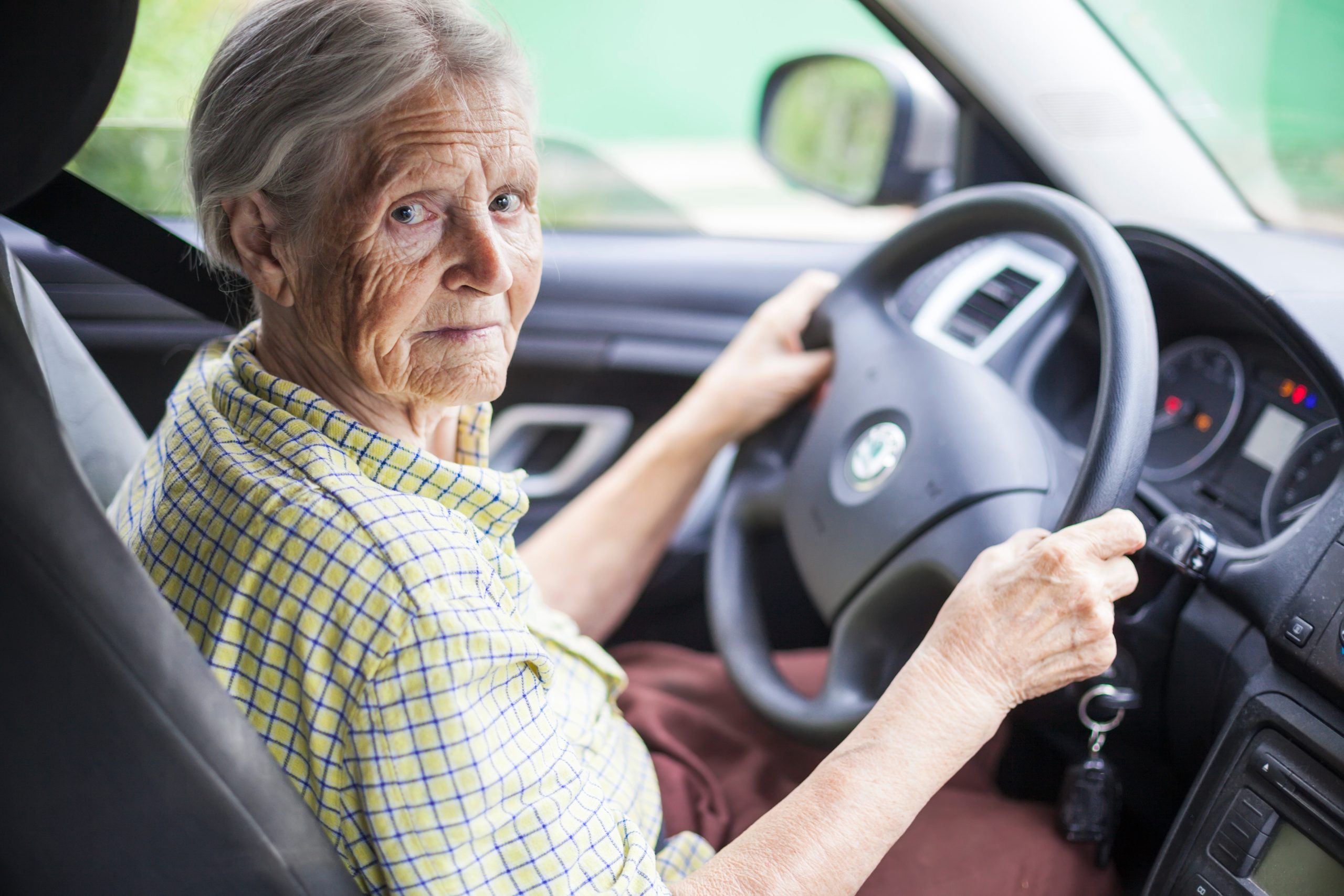

Dementia and driving
What is dementia?
Dementia is a condition that affects a person’s thinking, behaviour and ability to perform everyday tasks.
There are many causes of dementia, including Alzheimer’s disease and vascular dementia. Dementia is more common in older people but can affect people in their 40s and 50s.
Dementia can affect memory, concentration, judgement and vision, which makes driving a car more difficult. If you have dementia, regular medical check-ups can help you keep track of your condition and whether it is safe for you to drive.
How does dementia affect driving ability?
Dementia can make driving unsafe because it can affect someone’s ability to coordinate multiple tasks, judge distances and speed, stay alert, process information, remember directions and cope with stressful situations.
Being diagnosed with dementia does not mean the person has to stop driving straight away. But as the disease progresses, they will eventually need to stop driving.
Starting a conversation about driving
It can be hard to talk about driving with someone who has dementia, as they might see it as their right or as something they can do automatically. They might see their inability to drive as a very big loss and a decrease in their independence.
- Discuss their driving habits, so you can find other transport options to keep them active and socially connected.
- Arrange for more home visits so they do not need to drive.
- Be positive that their roles in life — for example, as a grandparent or partner – will continue without driving.
- Explain how dementia affects them — while their driving record may be safe, this will not always be the case.
- Talk finances — no more paying for registration, insurance and petrol.
- Encourage regular visits to their doctor and other health professionals to check medication, eyes, diet and general health, to help maintain some independence.
Legal requirements: driving tests and medical clearance
To keep driving, the person with dementia will need a medical assessment from their doctor using the Assessing Fitness to Drive National Standards.
If you have dementia, you are required by law to notify your state’s road traffic authority. If you continue to drive and are a serious risk on the roads, your doctor is legally authorised and obliged to notify authorities.
When to stop driving
Your doctor can advise you to stop driving but your state or territory driver licensing authority ultimately makes the decision.




